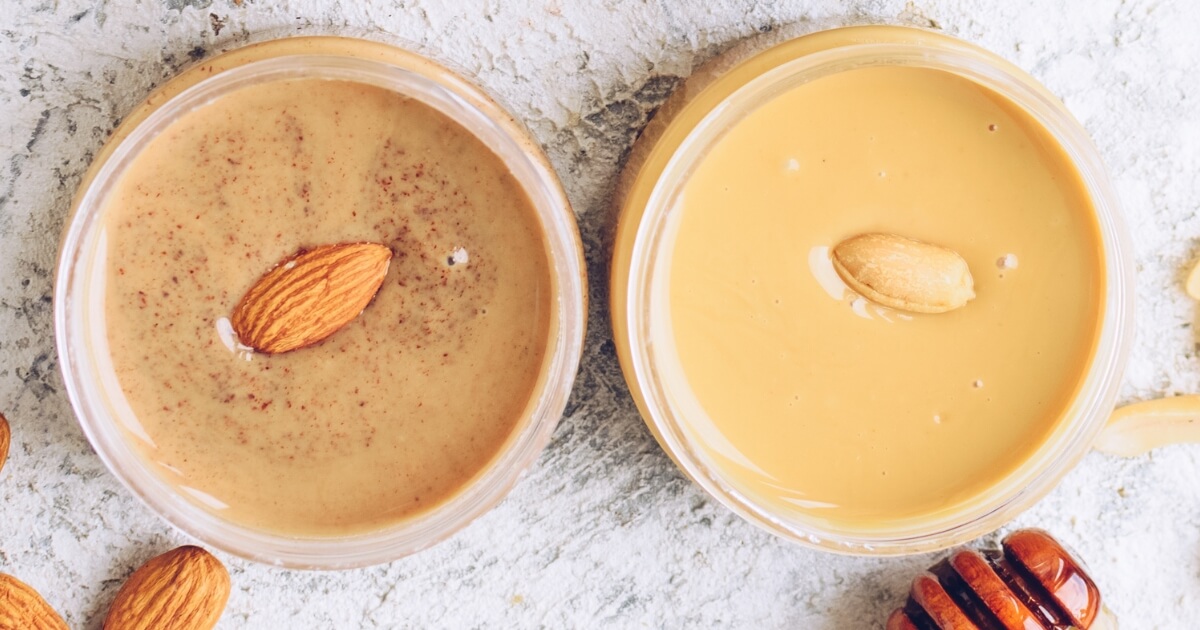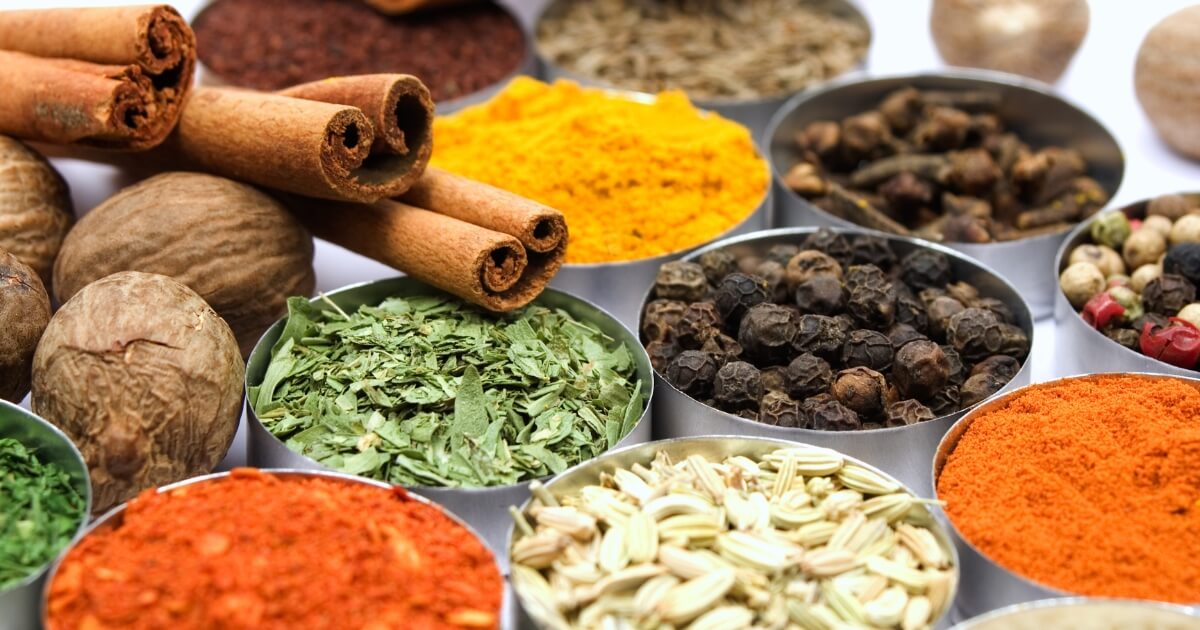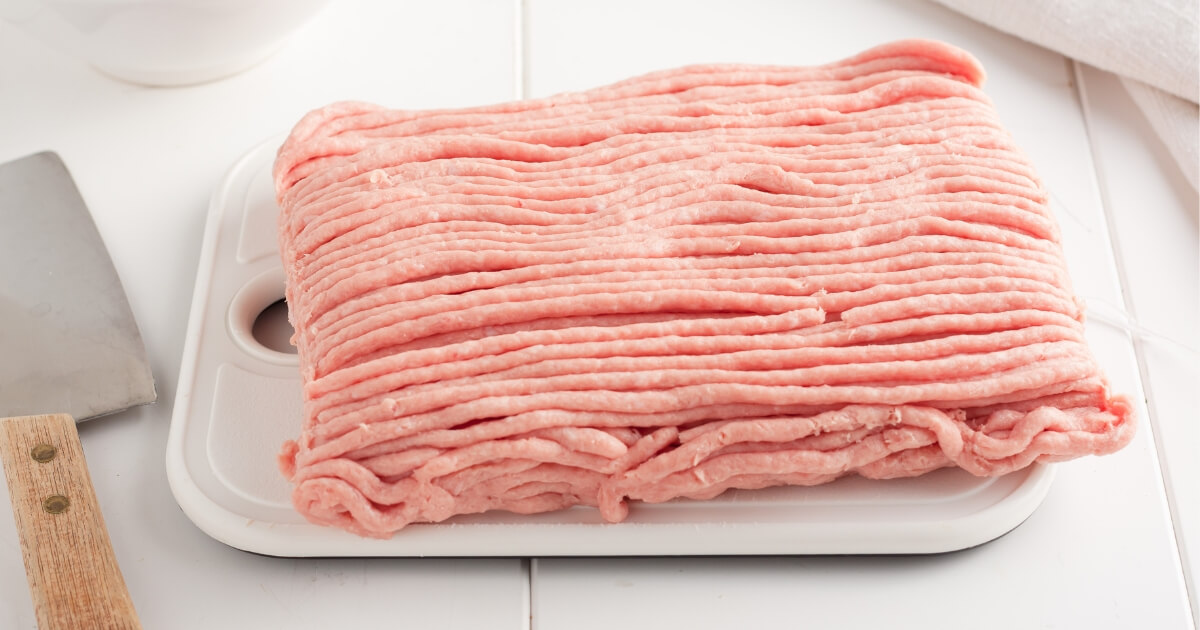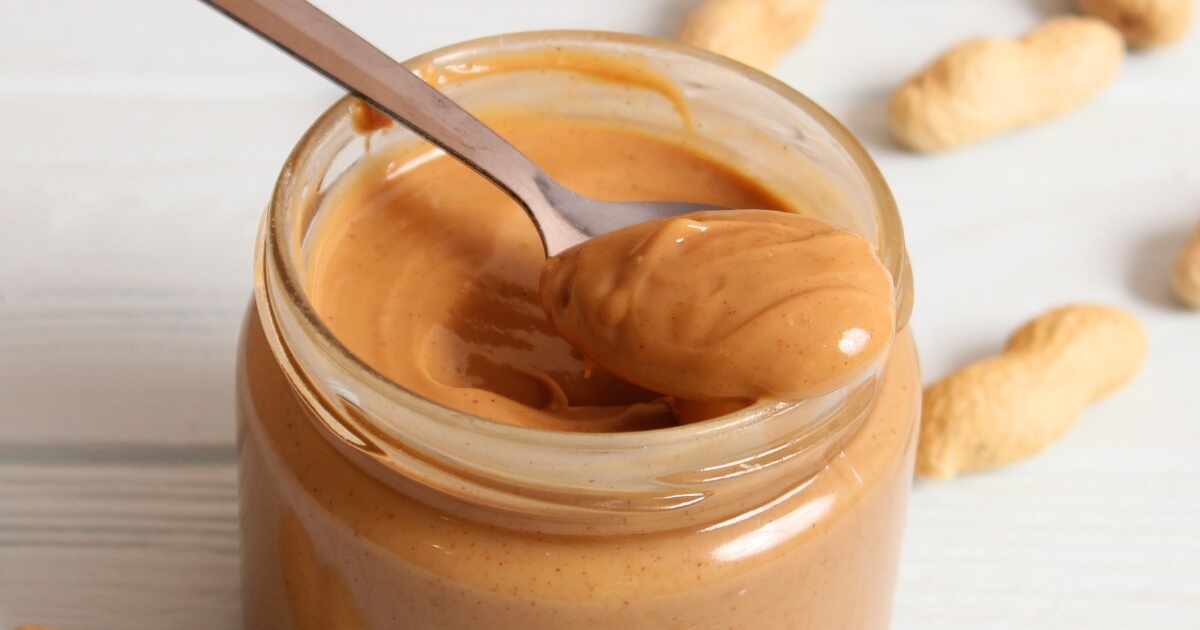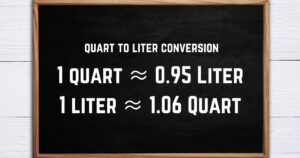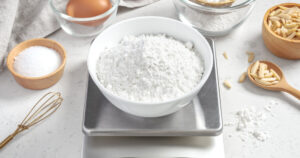Onions are some of the most versatile vegetables in the kitchen. They’re known for their long shelf life and the way they give a delicious snap to almost any dish or side dish.
If you often buy onions in bulk to make sure you always have plenty on hand, you may wonder just how long do these adaptable little treats last?
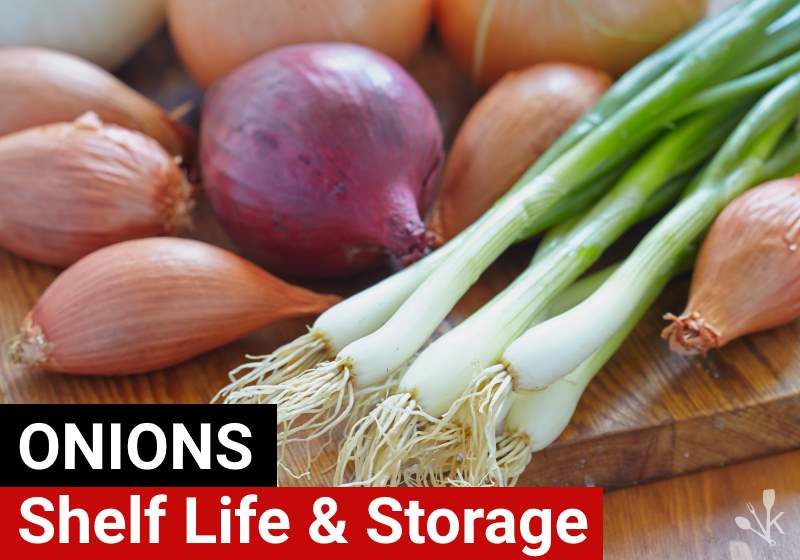
Onions take a while to go bad, but just like any organic material, they eventually succumb to entropy. In perfect conditions, and outside of freezing them, the most you can keep an onion is about 3 months.
There are plenty of imperfect conditions that will shorten an onion’s shelf life. Here are some tips for storing your onions, so they last as long as possible.
How Long Do Onions Last?
For now, most onions don’t come with an expiration date etched into their skin. On top of that, certain kinds of onions last longer than others. Different storage locations can also be a factor.
Here’s a simple guide to help you calculate how long your onions will last.
Whole raw onions last about:
- 4-6 weeks in the pantry
- 1-2 months in the fridge
- 6-8 months in the freezer
Whole raw scallions (green onions) last about:
- 1-3 days in the pantry
- 1-2 weeks in the fridge
- 6-8 months in the freezer
Yellow, white, red, and Spanish onions last about the same amount of time, while the smaller scallions have a shorter shelf life.
If you buy regular onions as fresh as you can get them and keep them in a cool, dark place, you may be able to stretch out their shelf life to as long as two or three months.
How Long Do Onions Last in the Fridge?
If you just toss whole raw onions in your fridge, they’ll usually last about two months.
If you store them properly, as we explain in our below section on How To Store Onions, you may be able to keep them for as long as three months.
Scallions will keep in your fridge for a maximum of two weeks, but will probably start to go off after about a week. Discoloration and slime buildup will be important things to watch out for.
How Long Do Cut Onions Last?
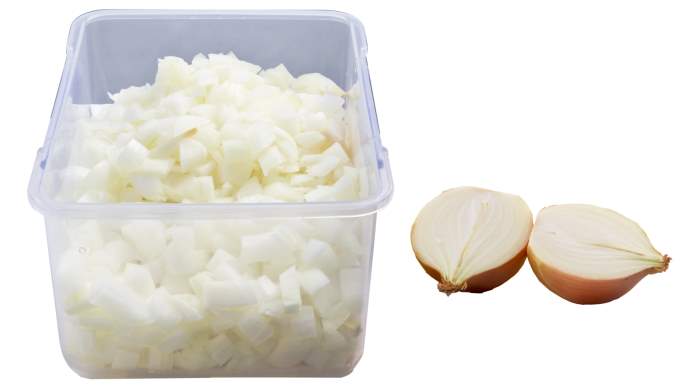
Don’t store chopped raw onions in the pantry for more than a few hours unless you want to encourage a bacterial outbreak. They’ll last about a week to 10 days in the fridge.
Chopped cooked onions stored properly in the fridge will last about five days before they start to smell bad. Freezing your chopped onions can extend their shelf life to as long as a year.
How To Tell if an Onion Is Bad
To tell if an onion is bad, check:
- How it looks
- How it feels
- How it smells.
Bad onions are usually full of visual indicators. They may have dark spots, mold, or sprouts coming out of the ends. White onions may change to an opaque gray.
The following onion is moldy and should be tossed out immediately.
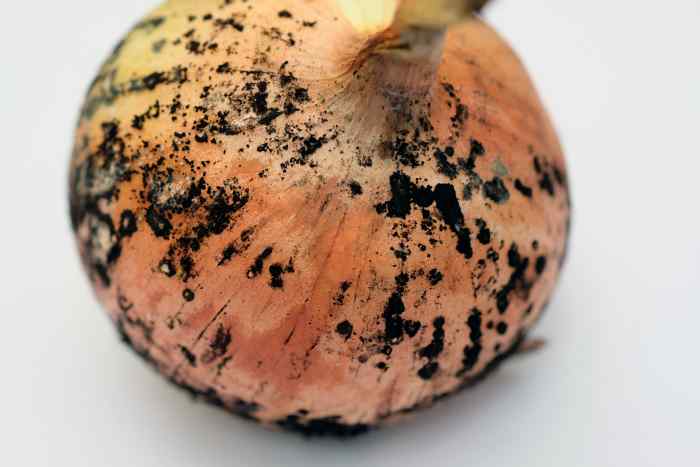
If one of your onions is a different color than when you bought it, that’s generally a good indication that it’s going off.
Good onions are usually firm and smooth. If your onion is losing its roundness and shriveling, that’s a pretty good indicator that something’s wrong on the inside. Soft spots also point to bacterial decay.
If a questionable onion passes that first two tests, take a moment to smell it. Try to ignore the onion’s natural sharp smell, and look for the distinctly foul odor of decay. If you smell anything besides onion, it’s probably going bad.
You may be able to salvage an onion with dark, soft spots or sprouts. Cut off the bad parts and soak the rest in cold water for 10 to 15 minutes to revitalize it. If there are more bad parts than good, throw the onion away or compost it.
What Happens if You Eat a Bad Onion?
If you ignore the gooey, smelly warning signs and eat a bad onion anyway, it will taste bad all the way down.
Putting enough rotting onion into your digestive tract could cause your stomach to revolt and vomit up its contents.
- If you eat a soft onion covered in black mold, you’ll probably consume a lot of microbes and toxins and end up with a bad stomachache.
- Old, soggy onions with oozing white liquid have probably just begun the natural process of converting their starches to sugar. They may taste weird, but you’ll be fine.
- Onions with sprouts are technically still edible, but they generally taste bitter and unpleasant.
Some people believe that cut onions are bacteria magnets that can cause severe food poisoning after only a few hours. This has been thoroughly disproven thanks to sulphuric acid.
The same sulphuric acid that makes you cry when you cut an onion also has antibacterial properties. This means that onions aren’t any more dangerous than other vegetables.
How To Store Onions
Keep onions in a pantry that is:
- About 50 degrees Fahrenheit
- Dry
- Airy
To keep onions in the fridge:
- Take them out of the plastic bag
- Give them their own drawer to minimize smell contamination
- If chopped, use an airtight container
- Keep them away from potatoes
The best way to store whole raw onions is to try to find a storage area with a temperature that never goes higher than about 50 degrees Fahrenheit.
That’s a bit warmer than the temperature in your fridge and a bit colder than comfortable room temperature.
Make sure your storage area has plenty of air circulation. You can even hang your onions in a wire mesh bag to keep them aired out. Onions stored in the perfect cool, dry pantry can last as long as three months.
To get your onions to last as long as possible in or out of the fridge, take them out of the plastic shopping bag. Plastic bags cut off air circulation, which speeds up the process of deterioration.
If you want to keep your other fridge foods from smelling like onion, store your onions in a separated refrigerator drawer.
The best way to stretch out the fridge life of chopped onions is to seal them in an airtight container. This will help keep out bacteria and prevent them from spoiling whether the chopped onions are raw or cooked.
As a side note, onions continuously emit small amounts of ethylene gas. If you keep them in a tightly closed space like your fridge, make sure to keep them away from potatoes, or the gassy onions will make your potatoes rot.
If you must freeze your onions, wrap them in aluminum foil or use a freezer bag to keep them apart from your other frozen food items.
Final Thoughts
If you’re making a savory dish, there’s a pretty good chance you’ll need an onion to add to it. Make sure you always have onions on hand by buying them in bulk and keeping them in a cool, dry space with plenty of air circulation.
If you come across a questionable onion, you can save yourself a lot of pain and disgust by knowing how to check its looks, texture, and smell for telltale signs it may have gone bad.
Rotten or bad onions probably won’t kill you, but they can make you sick, and they taste terrible. You can save half-bad onions by removing parts that are soft or discolored.
Remember, any time you cut an onion or remove its skin, always store the rest in a sealed container in your fridge.


